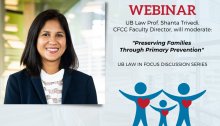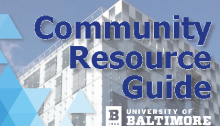Exploring the Harm to Children of Recent Anti-LGBTQ+/Transgender Laws
By Rebecca Stahl, CFCC Executive Director Across the country, recent governmental actions are attacking LGBTQ+ children, specifically transgender children. Much has already been written about the impact on children and their families from these actions. I write as a child advocate. I have spent more than fifteen years representing children and writing about children’s rights…







